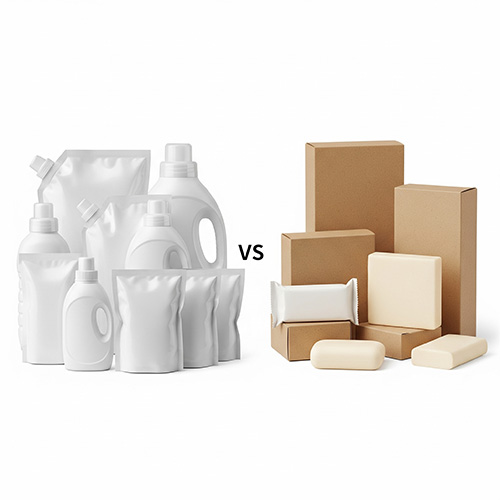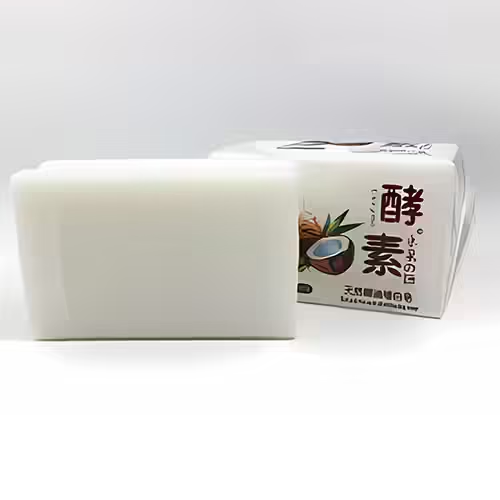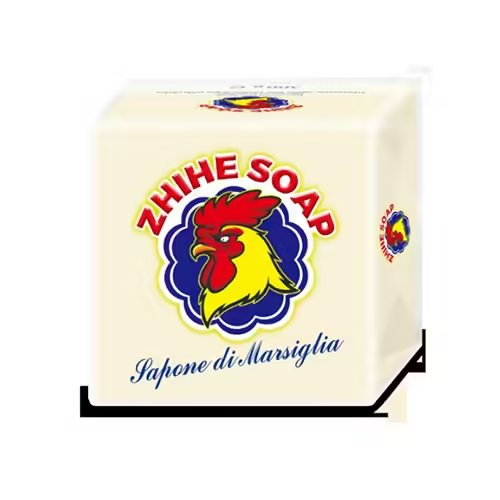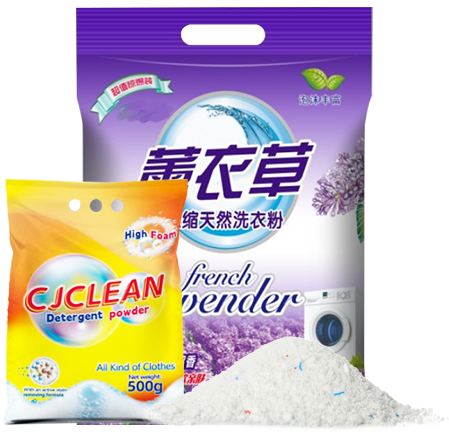Welcome to My Blog!
Before we dive into the content, I’d love for you to join me on my social media platforms where I share more insights, engage with the community, and post updates. Here’s how you can connect with me:
Facebook:https://www.facebook.com/profile.php?id=61573740643310
Now, let’s get started on our journey together. I hope you find the content here insightful, engaging, and valuable.
Table of Contents
Introduction

Have you ever stood in the laundry area with a wide array of laundry soaps and liquids and wondered which one would be best for your clothes? This is a really common dilemma! With more than two decades of experience in manufacturing packaging and household products, we specialize in a wide range of products from laundry soap to liquid laundry detergent, and offer customized solutions for private label and OEM needs.
Whether you’re looking to get rid of tough stains or you’re focused on eco-friendly cleaning, this guide will delve into the laundry soap vs. laundry detergent debate. We’ll analyze their differences, benefits, and ideal uses in depth to help you make the right choice. Let us help you start your laundry journey with ease!
What Is a Laundry Soap Bar?
A laundry soap bar is a solid form of detergent, typically made from natural oils, fats, and alkali, designed to clean clothes through manual washing or in machines. Unlike liquid detergents, which are pre-dissolved formulas, laundry soap require you to rub or dissolve them to create a cleaning lather. They’ve been a household staple for generations, especially for handwashing delicate fabrics or pre-treating stains.
How Laundry Soap Bars Work
Laundry soap bars rely on surfactants and enzymes to break down dirt and grease. When you rub the bar directly onto a stain or dissolve it in water, it releases cleaning agents that lift soils from fabrics. According to ASTM D4265, standard tests for stain removal show laundry soap excel at targeting localized stains like grease or grass due to their concentrated form.
Why People Love Laundry Soap Bars
Laundry soap bars are compact, long-lasting, and often more eco-friendly than liquids. A 2023 study by the International Cleaning Products Association noted that solid detergents like laundry soap can reduce packaging waste by up to 60% compared to liquid counterparts. If you’re looking for a budget-friendly, sustainable option, laundry soap are hard to beat.
Liquid Detergent: The Modern Alternative
Liquid laundry detergents are pre-mixed solutions containing surfactants, enzymes, and sometimes fragrances or brighteners. They’re designed for convenience, especially in washing machines, where they dissolve quickly and distribute evenly. Liquids are popular for their versatility and ability to handle a wide range of laundry tasks.
How Liquid Detergents Stack Up
Liquids are formulated for quick action, penetrating deep into fabrics to remove stains. They’re ideal for high-efficiency (HE) washers, as they produce less suds, per ISO 6330 standards for washing performance. Liquids also come in concentrated forms, reducing the amount needed per load.
Why Liquid Detergents Are Popular
Liquids are user-friendly—just pour and go. They’re great for busy households or large loads, and many formulas are tailored for specific needs, like color protection or sensitive skin. However, their plastic packaging can be a drawback for eco-conscious consumers.
Comparing Laundry Soap Bars and Liquid Detergents
To help you decide, here’s a detailed comparison of laundry soap and liquid detergents:
| Feature | Laundry Soap Bar | Liquid Detergent |
|---|---|---|
| Form | Solid, requires rubbing or dissolving | Liquid, pre-dissolved for instant use |
| Best For | Handwashing, stain pre-treatment, eco-friendly | Machine washing, convenience, large loads |
| Sustainability | Minimal packaging, often biodegradable | Plastic bottles, higher packaging waste |
| Ease of Use | More manual effort, especially for machines | Pour-and-go, ideal for busy households |
| Storage | Compact, long shelf life | Bulky bottles, risk of spills |
| Stain Removal | Excellent for targeted stains (ASTM D4265) | Broad stain removal, even in cold water |
This table, aligned with industry standards like ISO 6330, highlights the strengths of each option. Laundry soap shine for manual washing and sustainability, while liquids excel in convenience and machine compatibility.
Key Factors to Consider
When choosing between a laundry soap bar and liquid detergent, think about:
- Washing Method: Handwashing? Go for a laundry soap bar. Machine washing? Liquid is likely better.
- Environmental Impact: Laundry soap often have less packaging and fewer chemicals.
- Stain Type: Tough, localized stains respond well to laundry soap , while liquids handle general soil better.
- Budget: Laundry soap bars are typically more cost-effective per load, especially for small households.
Benefits and Drawbacks of Laundry Soap Bars
Let’s break down why a laundry soap bar might be your go-to—or when it might fall short.
Benefits of Laundry Soap Bars
- Eco-Friendly: Less packaging and often made with natural ingredients, reducing environmental impact.
- Cost-Effective: A single bar can last for dozens of loads, especially for handwashing.
- Targeted Stain Removal: Rubbing a laundry soap bar directly on stains delivers concentrated cleaning power.
- Portable: Compact and spill-proof, perfect for travel or small spaces.
Drawbacks of Laundry Soap Bars
- Manual Effort: Requires scrubbing or dissolving, which can be time-consuming.
- Machine Compatibility: Some bars produce too many suds for HE washers, potentially causing buildup.
- Limited Features: Unlike liquids, laundry soap bars rarely include extras like fabric softeners or brighteners.
Benefits and Drawbacks of Liquid Detergents
Liquid detergents have their own strengths and weaknesses. Here’s the rundown:
Benefits of Liquid Detergents
- Convenience: Easy to measure and pour, especially for machine washing.
- Versatility: Available in specialized formulas for colors, delicates, or sensitive skin.
- Fast-Acting: Dissolves quickly, even in cold water, for efficient cleaning (ISO 6330).
- Machine-Friendly: Low-sudsing options are ideal for HE washers.
Drawbacks of Liquid Detergents
- Packaging Waste: Plastic bottles contribute to environmental concerns.
- Spill Risk: Liquids can be messy if overpoured or spilled.
- Storage Space: Bulky bottles take up more room than compact laundry soap bars.
Practical Tips for Using Laundry Soap Bars and Liquids
To get the most out of your laundry routine, follow these tips:
Using a Laundry Soap Bar Effectively
- Pre-Treat Stains: Rub the laundry soap directly onto stains like oil or grass for maximum effect.
- Dissolve Properly: For machine use, grate the bar and dissolve it in warm water first to avoid residue.
- Store Dry: Keep the bar in a dry container to prevent it from becoming mushy.
- Test for Delicates: Check fabric compatibility, as some laundry soap may be too harsh for silks.
Using Liquid Detergent Like a Pro
- Measure Carefully: Use the recommended amount to avoid residue or excess suds.
- Cold Water Washing: Choose a liquid designed for cold water to save energy, per a 2024 Energy Efficiency Report.
- Store Securely: Keep bottles tightly sealed to prevent leaks.
- Check HE Compatibility: Ensure your liquid is low-sudsing for high-efficiency machines.
Which Should You Choose: Laundry Soap Bar or Liquid?


The choice depends on your lifestyle and priorities:
- Choose a Laundry Soap Bar If: You handwash frequently, prioritize sustainability, or need a budget-friendly option for small loads. They’re perfect for travelers or eco-conscious households.
- Choose Liquid Detergent If: You rely on a washing machine, need convenience, or wash large, diverse loads. Liquids are great for busy families or specialized laundry needs.
A 2024 survey by the Cleaning Institute found that 65% of households use both formats, switching based on the task. Why not try both to see what works best for you?
Conclusion
Whether you’re scrubbing stains with a laundry soap bar or pouring liquid detergent for a quick machine wash, both options have unique strengths. Laundry soap bars offer eco-friendly, targeted cleaning, while liquids deliver convenience and versatility. With over 20 years of experience in manufacturing laundry products and packaging, we’re here to help you find the perfect solution, whether it’s a custom-formulated laundry soap or a high-performance liquid detergent.
FAQ
What is a laundry soap bar best used for?
Laundry soap bars are ideal for handwashing, pre-treating tough stains like grease or grass, and eco-friendly cleaning. They’re perfect for delicates or small loads where targeted cleaning is needed.
Can I use a laundry soap bar in a washing machine?
Yes, but with caution. Grate the laundry soap and dissolve it in warm water before adding it to the machine to avoid residue. Check if it’s low-sudsing for HE washers.
Are laundry soap bars eco-friendly?
Absolutely! Laundry soap typically use minimal packaging and natural ingredients, reducing waste by up to 60% compared to liquid detergents, per the International Cleaning Products Association.
How do I store a laundry soap?
Keep it in a dry, well-ventilated container to prevent it from becoming soft or mushy. Avoid storing it in humid areas like near the sink.
Can a laundry soap remove tough stains better than liquid?
Yes, for localized stains like oil or food, rubbing a laundry soap directly on the spot can be more effective due to its concentrated formula, as shown in ASTM D4265 tests.

